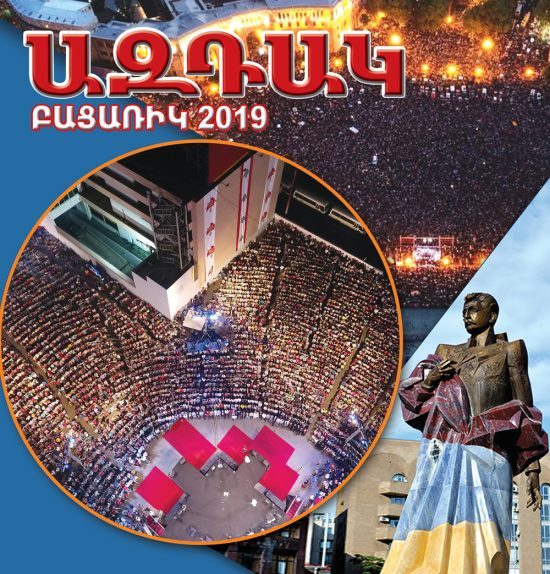

We may have newspapers, but they’re more like ‘viewspapers’. As a consequence, we may have great journalists, but no journalism. There is no Lebanon, there are pockets of identity, many Lebanons. Topics rarely address the ‘Nation’ as a single entity, namely because there is no single nation. Party lines are expected to be repeated by the 7 TV stations which compete for a market of around 4 million Lebanese. Sectarian allegiances are the de-facto way of doing things. Politicians don’t fight in the name of Socialism vs Capitalism, Regulation vs Deregulation, Environmentalism vs Corporatism etc.

The Left/Right spectrum does not exist in Lebanese politics. The first is a political spectrum (Left, Right, Centrist and whatever is in-between) through which citizens advocate for a certain vision of Lebanon and the second is a Government (I know the latter isn’t a necessity, but please tolerate it for now), or if you want to use a more symbolic term, a Nation State.

There are two entities that can be viewed as crucial for a diverse and free press. But knowing why exactly that is the case is crucial to knowing how to challenge it from our side, which is why Dajani’s work is so important here.įirst, let’s make something clear. Indeed, our Sectarian system is largely responsible for the terrible state of journalism in Lebanon. We can theoretically say anything we want and we don’t have a Big Brother type of government that is often the case in neighboring nations. Why, then, are they viewed as, in Dajani’s words, “driving Lebanese society apart instead of uniting it”? If you’re Lebanese or are familiar with Lebanon, you probably already know the answer: Sectarianism. Lebanon’s media is often seen as being the most liberal in the Arab World, and in many ways that is a deserved description. You can read Al Sharq’s interview and the TBS piece if you’re short on time. I highly recommend you read them before reading my commentary. The articles used here were published in Al Sharq, Arab Media Society and TBS Journal. A professor in the department of Social and Behavioral Sciences at the American University in Beirut, Dajani has been studying Lebanese media for decades. The following is a commentary on Nabil Dajani’s study of the Lebanese Media Landscape.


 0 kommentar(er)
0 kommentar(er)
